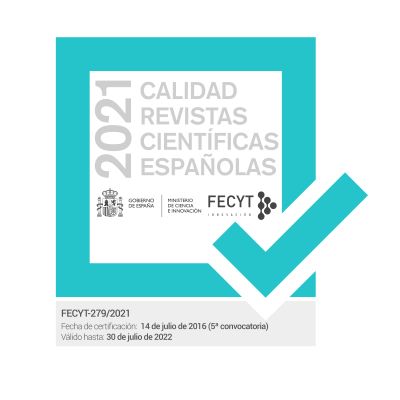Volume 16 (1995)
Abstract
ARTICLES JUAN CARLOS ACUÑA FARIÑA“THAT-Clauses in NP” LAURA ALBA JUEZ“Irony and the Other Off Record Strategies within Politeness Theory” ROSALÍA BAENA MOLINA“Revising South African History: Multiple Perspectives in the Novels of Nadine Gordimer” ASUNCIÓN BARRERAS GÓMEZ“Reflexive Narrative in Lolita, by Vladimir Nabokov” NELA BUREU“The Poetry of Judith Wright: Inventing Australia, Inventing the Self” SILVIA CAPORALE BIZZINI“Identidad y diferencia en The Cloning of Joanna May, de Fay Weldon” Mª ROSARIO CUESTA CUESTA“The Teaching of Grammar” Mª DEL PILAR GARCÍA MAYO“The Licensing of Parasitic Gaps” ÁLVARO GARRIDO MORENO“The Referential Mania of 'Signs and Symbols': Reading Nabokov's Short Story” CARLOS INCHAURRALDE BESGA“Modals and Modality in English” JESÚS M. SÁNCHEZ GARCÍA“Desplazamientos léxico-semánticos y efectos macroestructurales en la traducción española de The Alexandria Quartet: topología conceptual” REVIEWS NANCY COMLEY and ROBERT SCHOLESHemingway's Genders (by Beatriz Penas) SUSANA ONEGA (ED.) Telling Histories (by María del Mar Asensio) SALMAN RUSHDIEThe Moor's Last Sigh (by José Angel García)Downloads
Published
2009-12-31
Issue
Section
Articles
License
Authors who publish with Miscelánea: A Journal of English and American Studies agree to the following terms:
- Authors retain copyright and grant the journal right of first publication with the work simultaneously licensed under a Creative Commons Attribution 4.0 International License that allows others to share the work with an acknowledgement of the work's authorship and initial publication in this journal.
- Authors are able to enter into separate, additional contractual arrangements for the non-exclusive distribution of the journal's published version of the work (e.g., post it to an institutional repository or publish it in a book), with an acknowledgement of its initial publication in this journal.
- Authors are permitted and encouraged to post their work online (e.g., in institutional repositories or on their website) prior to and during the submission process, as it can lead to productive exchanges, as well as earlier and greater citation of published work (See The Effect of Open Access).


